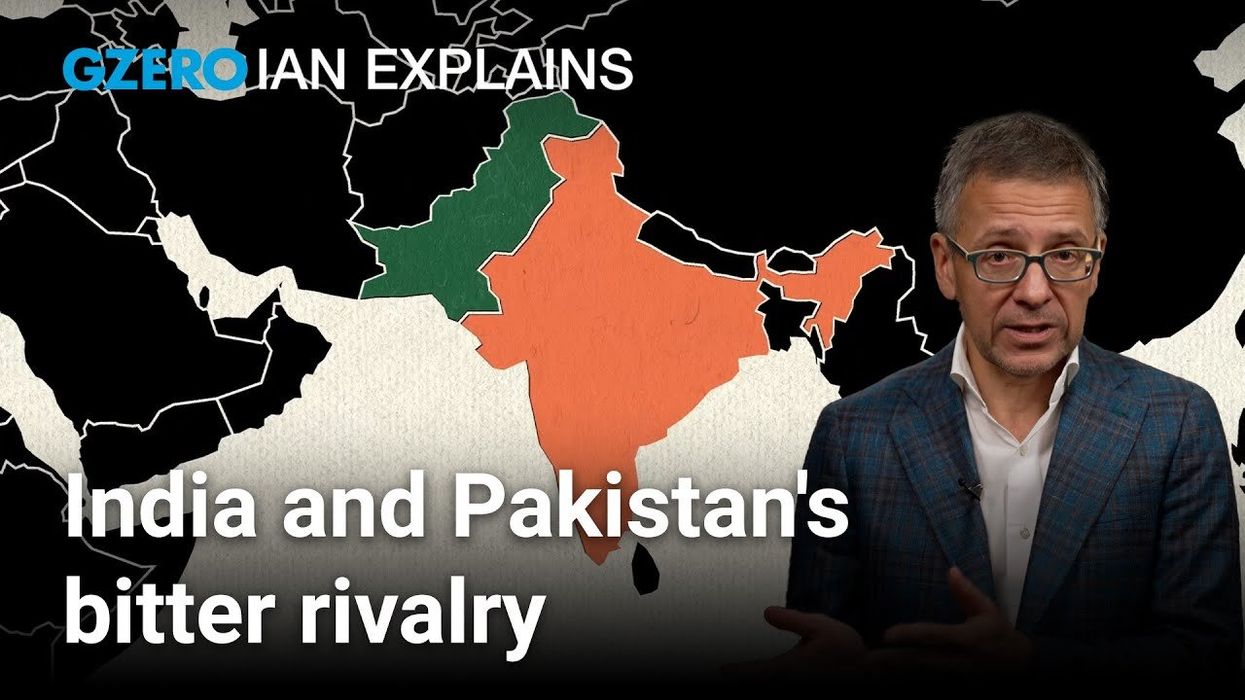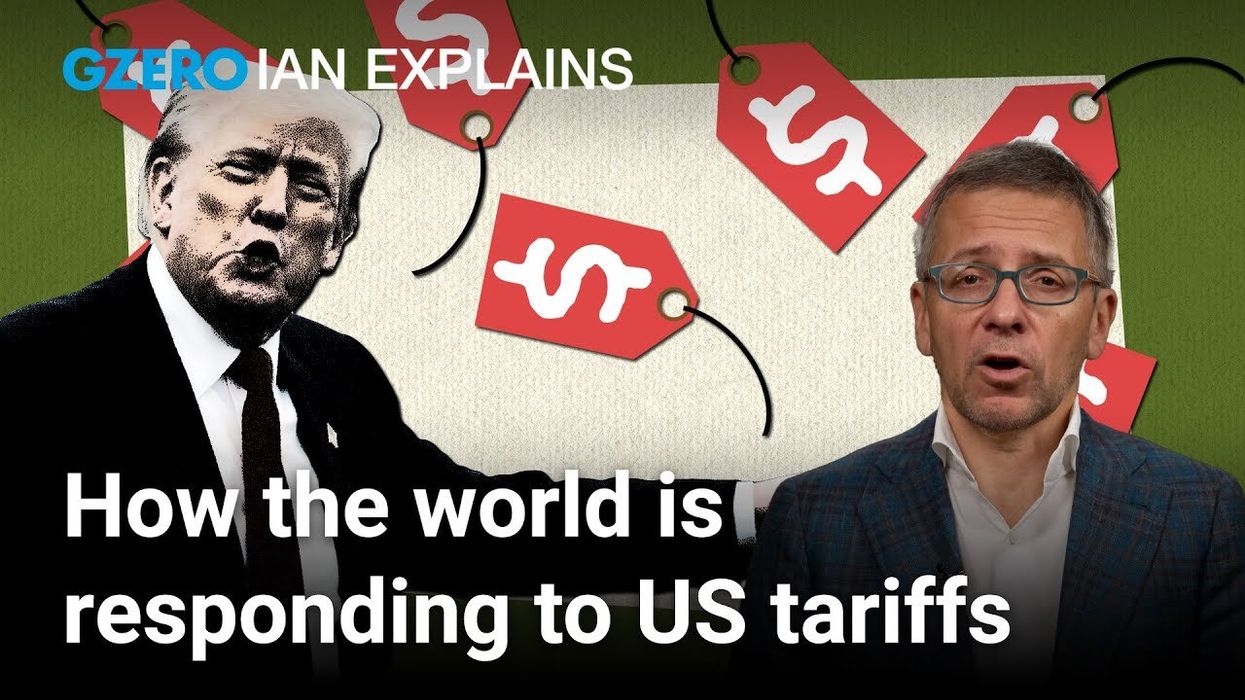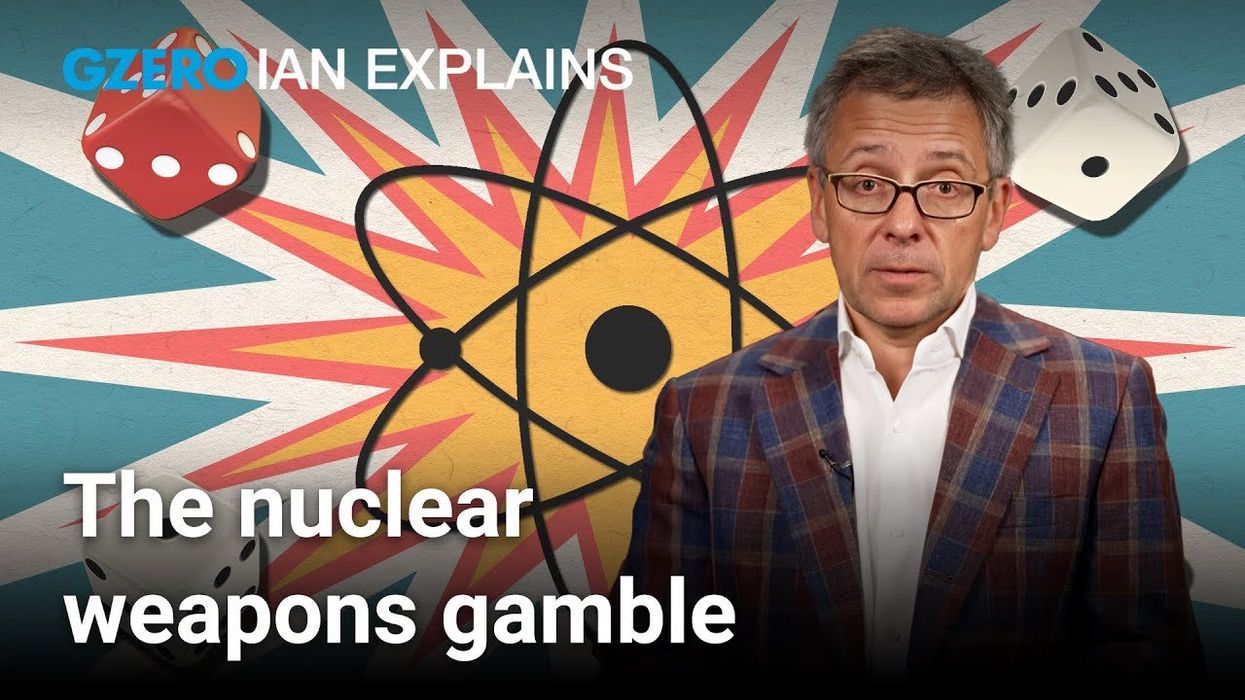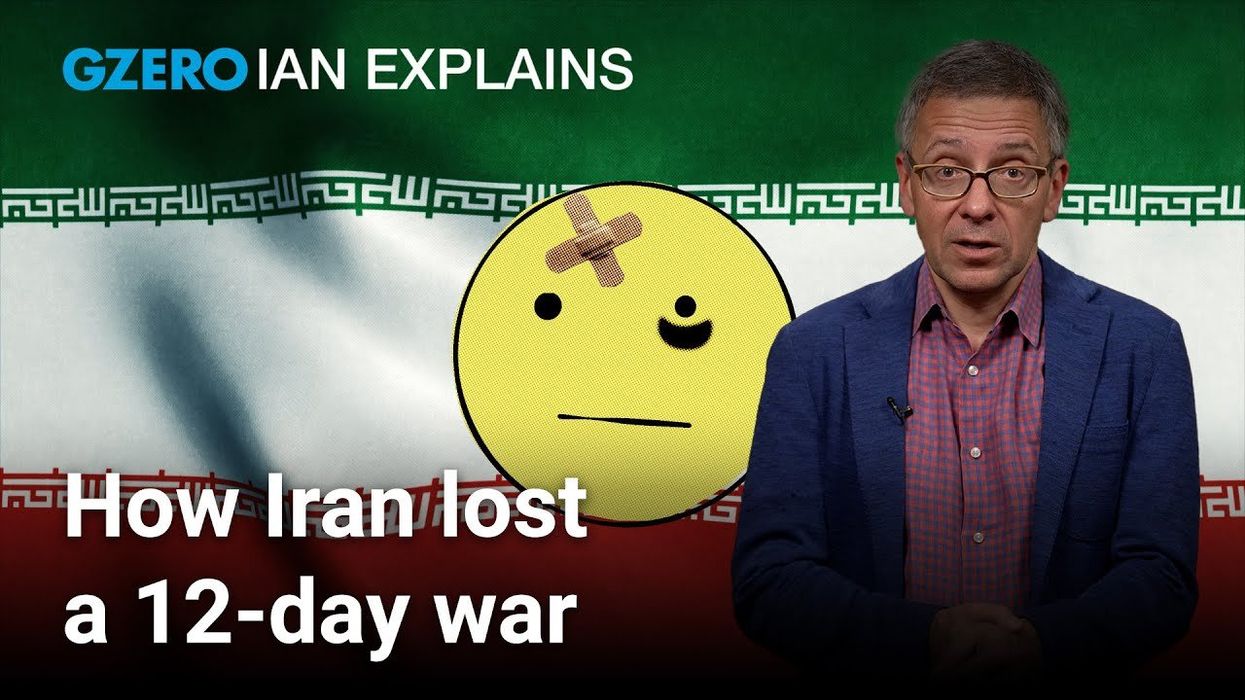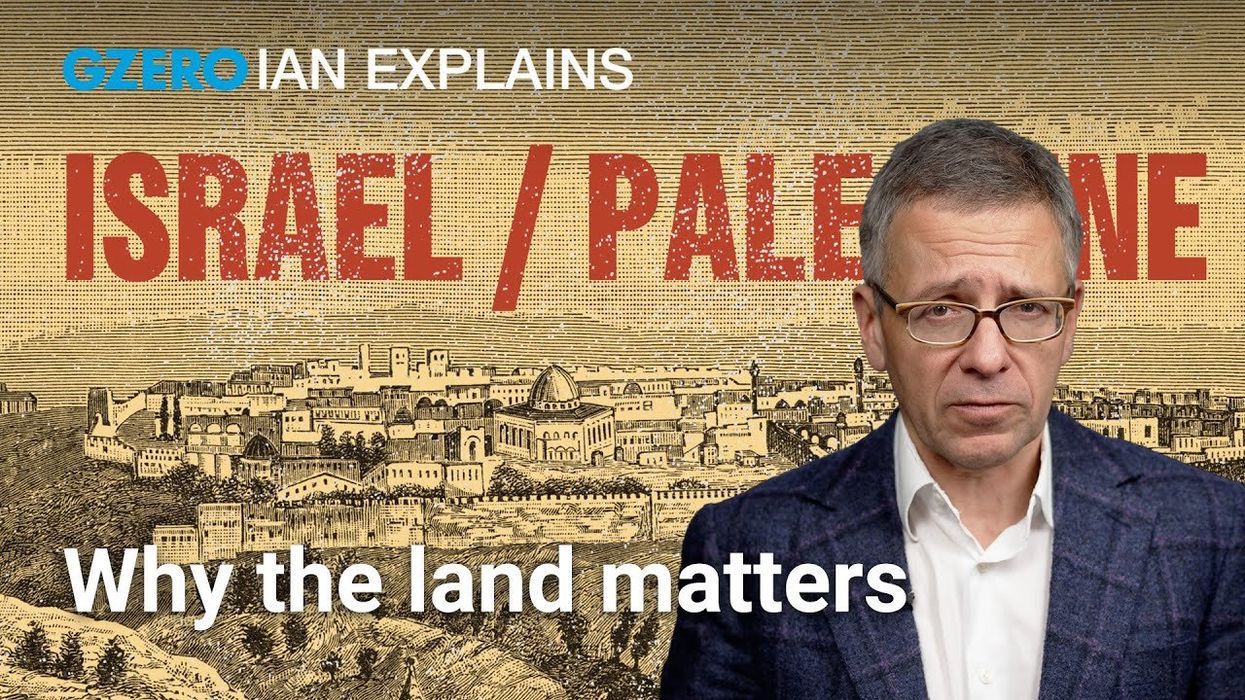VIDEOSGZERO World with Ian BremmerQuick TakePUPPET REGIMEIan ExplainsGZERO ReportsAsk IanGlobal Stage
Site Navigation
Search
Human content,
AI powered search.
Latest Stories
Start your day right!
Get latest updates and insights delivered to your inbox.
Human progress doesn’t have a finish line.
Our body clocks stop ticking at some point, but that’s not the same as reaching a destination, or achieving a goal. So how do we—as a community, as a country...as a world—define progress? What does “better” even look like?
In a word: laundry.
In 1920, the average American spent 11.5 hours a week doing laundry (and that average American was almost always a woman). By 2014, the number had dropped to 1.5 hours a week, thanks to what renowned public health scholar Hans Rosling has called QUOTE "greatest invention of the Industrial Revolution,”: the washing machine. By freeing people of washing laundry by hand, this new technology allowed parents to devote more time to educating their children, and it allowed women to cultivate a life beyond the washboard.
So, as I always say to myself whenever I’m stuck in traffic or on hold with customer service, there has never been a better time to be alive. And yet...And yet...And yet... War in Europe. Famine in Africa. Global pandemics. Fake news. Conspiracy theories. Democracy dying in the bright light of day. And that’s just your average Tuesday. So how much is technology making our lives better, and how much is a part of the problem?
Watch the GZERO World episode: Is life better than ever for the human race?
Catch GZERO World with Ian Bremmer every week at gzeromedia.com/gzeroworld and on US public television. Check local listings.
Keep reading...Show less
More from Ian Explains
Why India and Pakistan can't get along
August 15, 2025
Trump's tariffs are already changing global trade
August 01, 2025
Do nuclear weapons make a country safer?
July 11, 2025
Israel, Iran, and the US went to war. Now what happens?
July 05, 2025
How China would seize Taiwan without firing a shot
June 06, 2025
What is artificial general intelligence?
May 16, 2025
50 Years on, have we learned the Vietnam War's lessons?
April 25, 2025
Will Trump pressure Putin for a Ukraine ceasefire?
April 11, 2025
Will the Trump-Musk relationship last?
March 28, 2025
Did Wall Street get Trump wrong?
March 21, 2025
What is President Trump's stance on China?
March 14, 2025
Russia’s next target? Why the Baltics are wary of Putin
February 28, 2025
Can Europe defend Ukraine without US support?
February 22, 2025
Trump to Gazans: Does it matter where you live?
February 15, 2025
What's behind RFK Jr.'s "Make America Healthy Again" movement?
February 07, 2025
Is Europe ready to embrace Trump's return to power?
January 31, 2025
What does Big Tech want from Trump?
January 17, 2025
GZERO Series
GZERO Daily: our free newsletter about global politics
Keep up with what’s going on around the world - and why it matters.


